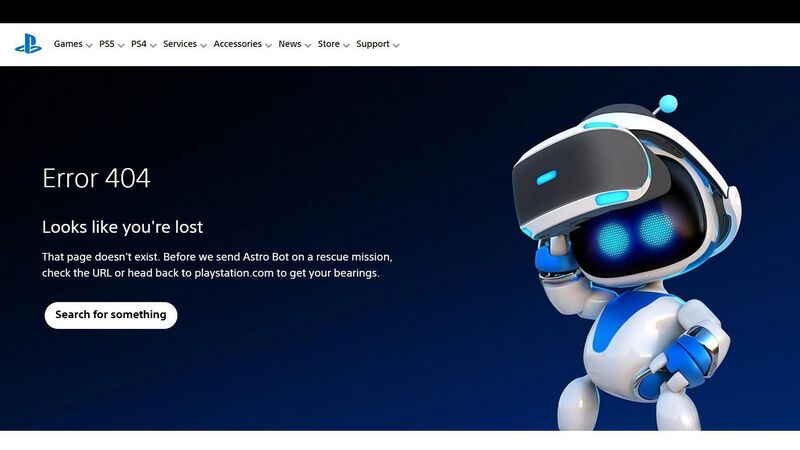Bernard O'Shea: 5 things I learned from the Amazon outage

Screengrab of the website for Playstation. Disruption affecting Amazon Web Services (AWS) has led to a spike in reported outages across a wide variety of internet services including for HMRC, Zoom and Snapchat. Issue date: Monday October 20, 2025. PA Photo. Photo credit should read: Playstation/PA Wire
Last week, Amazon Web Services — the big invisible engine that most of us don’t know we use — briefly went down.
For a few hours, the world had a tiny “Oh Jesus” moment, and in that soul-searching wobble, we all discovered just how many ordinary parts of our lives were secretly held together by an unremarkable digital server in the middle of an industrial estate.







